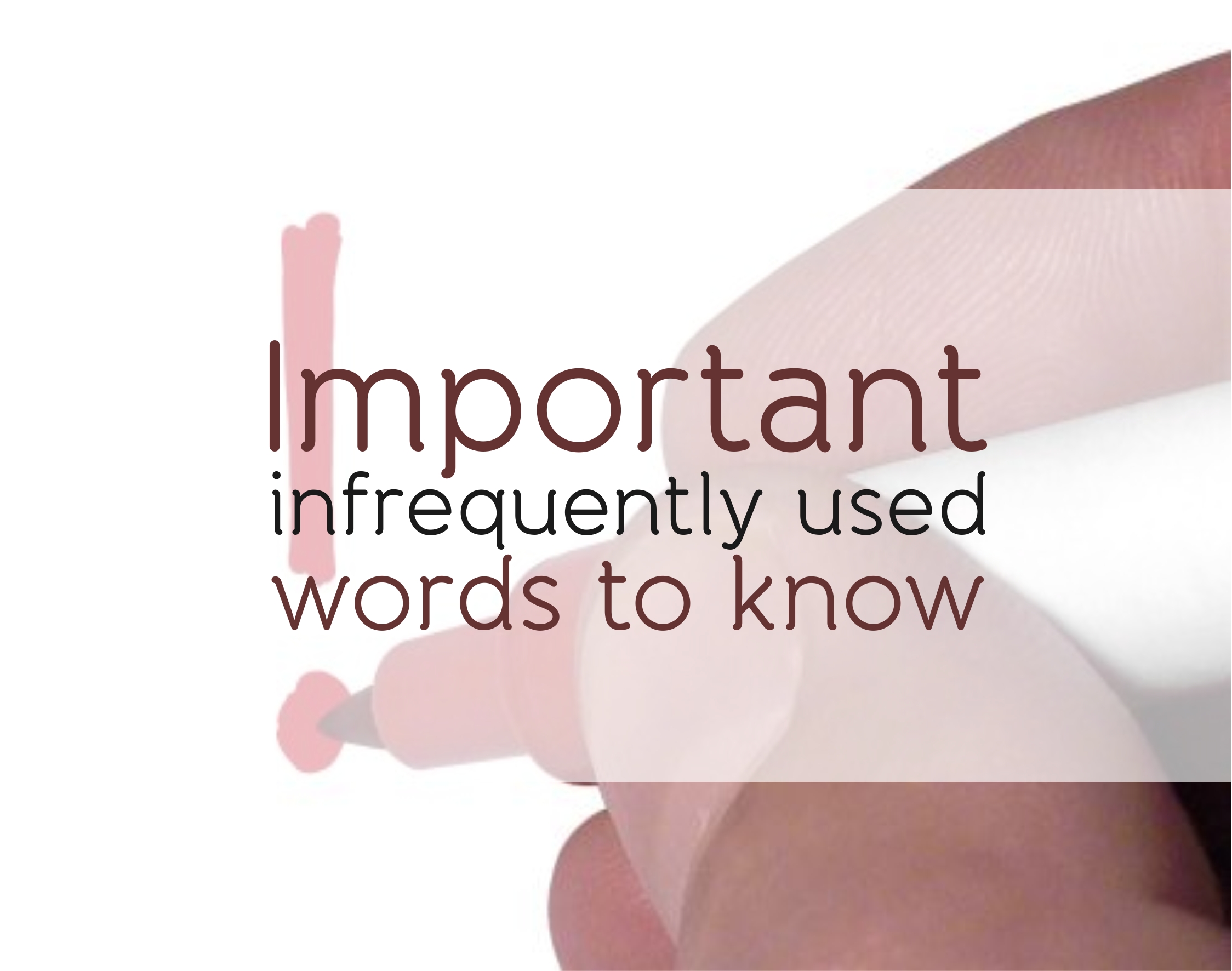Convince or persuade?

Understand that some experts say that “persuade” and “convince” are synonyms that go back at least to the sixteenth century. The meanings are so closely knit that often one word serves as well as the other.
Grammar
After ‘persuade’ we use the structure
to + infinitive:
- I persuaded them to stay for another drink.
- He persuaded her not to take the job.
After ‘convince’ we cannot use a verb infinitive. We say ‘convince someone that‘:
- She convinced the police that she was telling the truth.
- He convinced her that it was the right thing to do.
Both of the above sentence would also be correct without ‘that’:
- She convinced the police she was telling the truth.
- He convinced herit was the right thing to do.
Meaning
Although Robert finally persuaded his girlfriend to move abroad with him, she was not fully convinced that it was the best thing to do.
In the example, Robert’s girlfriend was persuaded (to move) but was not convinced (that it was the correct decision). So, we can see that when we persuade someone to do something it doesn’t always mean that we have also convinced that person.
The teenager is convinced she can win. The boy was persuaded to run the 10-yard dash.
One more thing is worth mentioning about ‘persuade’ and ‘convince’. If we are absolutely sure about something, we say I’m convinced:
– Are you sure he’s innocent?
– Yes, I’m convinced. NOT I’m persuaded
Additional info
Some related words:
convincing (adjective) It was a convincing argument.
persuasive (adjective) Marta can be very persuasive when she wants.
persuasion (noun) He used his powers of persuasion.
When confronted with issues of word choice, I often find it helpful to consider the associations and connotations a word has in its different forms. A convincing person or argument is one that other people cannot help but agree with, whereas a persuasive person or argument is one that other people find compelling, but which leaves more room (in my mind) for the opportunity to disagree.
If you have been convinced, you have clearly and decisively changed your perspective. If you have been persuaded, then you have chosen to agree with those you previously disagreed with. In the latter case, it may not be so much that you’ve found an argument you agree with so much as you’re indulging someone who has appealed to you, either positively or negatively.
Prefer “convince” when the change of opinion must be definite or to deemphasize the role of whomever did the convincing. Prefer “persuade” to draw attention to either the arguments used or the individuals doing the arguing, to emphasize reluctance on the part of the persuaded, or when you need the word to contain more vowels.
Resources:
Photocredit: http://persuasionuvm.blogspot.com
6 responses to “Convince or persuade?”
Trackbacks / Pingbacks
- - April 17, 2014
- - June 25, 2014

















You say convince cannot be followed by a verb infinitive and then immediately instruct the user to “Convince yourself to get”. I’m fairly sure to get is an infinitive and am not sure if you are trying to go for irony here or if it is a mistake.
Conor is right. I too was confused. Was it irony or ignorance? Now consider another error in the treatise:
“Prefer ‘convince’ when the change of opinion must be definite or to deemphasize the role of whomever did the convincing.”
The correct word is not “whomever” but “whoever.” The word following “role of” is not the object of the preposition “of” but the subject of the clause “whoever did the convincing”
Your “whomever” in the last paragraph should be “whoever” because it’s the subject of the dependent clause “whoever did the convincing.” I know–it seems like “whomever” belongs there because you’re listening to the “of” that precedes it, but its case is governed by the job it performs in the dependent clause.
To convince me you need logic. To persuade me you may use emotion.
Only by emotion you cannot convince me.